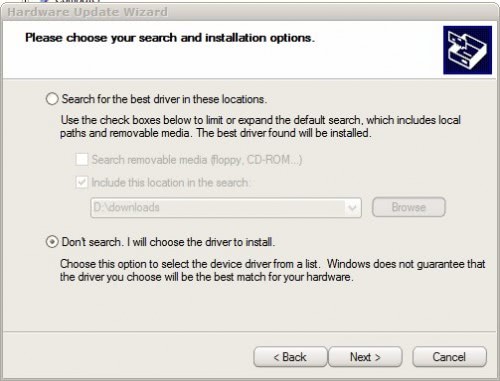USB Sticks cannot contain multiple partitions by default on Windows. The main difference lies in the terms fixed and removable disks. Fixed discs can have multiple partitions while removable disks cannot by default.
Usually, external hard drives are fixed disks while other USB storage media is removable instead.
It is however possible to create multiple partitions on an USB stick by modifying and installing a new driver which disguises the USB stick as a USB hard drive. It is highly recommended to backup all data on the USB stick before continuing so that you can restore it should things go wrong.
Users who want to create multiple partitions need a file called Hitachi Microdrive which contains the new driver that we are going to modify first and install afterwards.
Unpack the package to a new directory on the hard drive. The first step is to find out the exact name of the USB device that you want to create multiple partitions on.
The information can be found in the Windows Registry. Pressing [Windows R], typing [regedit] and hitting [Enter] will load the Registry editor.
The information are located in subkeys of the Registry key HKEY_LOCAL_MACHINESYSTEMControlSet001EnumUSBSTOR. The name of the USB device can be found by clicking on the [+] sign in front of the key. All USB devices should be listed there. The name of the USB device can be copied by left-clicking the subkey, right-clicking afterwards and selecting Copy Key Name from the context menu.

The key needs to be modified because it contains the full path. The best way to do that is to paste the contents into a text editor and remove all chars before Disk&Ven.

Now that this is done we need to copy the part that is left to the Windows Clipboard again by selecting the text and pressing CTRL-C.
The driver information need to be edited in the next step before the new drivers for the USB stick are installed. Load the file cfadisk.inf in an text editor and locate the [cfadisk_device] section.
Replace the chars IDEDiskIBM-DSCM-11000__________________________SC2IC801 in the first line with the name of the USB device that you are going to use. Remove every other line in the category so that only the line with our modified USB stick name is shown in there.

The driver is now prepared and can be installed for the USB stick. Open the Windows Control Panel, the System category and there the Hardware tab. A click on Device Manager will load the Windows Device Manager which lists the computer hardware. The USB stick should be located in the Disk Drives category. Right-click the USB stick and select Update Driver from the context menu.

The Hardware Update wizard should pop up. Select the option Install from a list or specific location in the window and click next.

Check the Don’t search. I will choose the driver to install option in the next window and click next again.

A click on Have Disk in the next window will open a file browser. Locate and pick the file cfadisk.inf that has been modified previously. Clicking on OK will check the driver and show a warning message that the driver is not digitally signed. Press next on that screen.


Ignore the warning message and continue by clicking Yes. Windows should now start the installation of the driver for the USB stick and display a message that it finished the installation.

Windows is now requesting a reboot of the system to load the updated drivers properly. The USB stick should now be recognized as a hard drive. This makes it possible to create multiple partitions on the USB stick with a software partition program.
Please note that only systems with the updated drivers will recognize the additional partitions. Connected the USB stick to a computer without the modified drivers will only show the first partition of the USB stick.